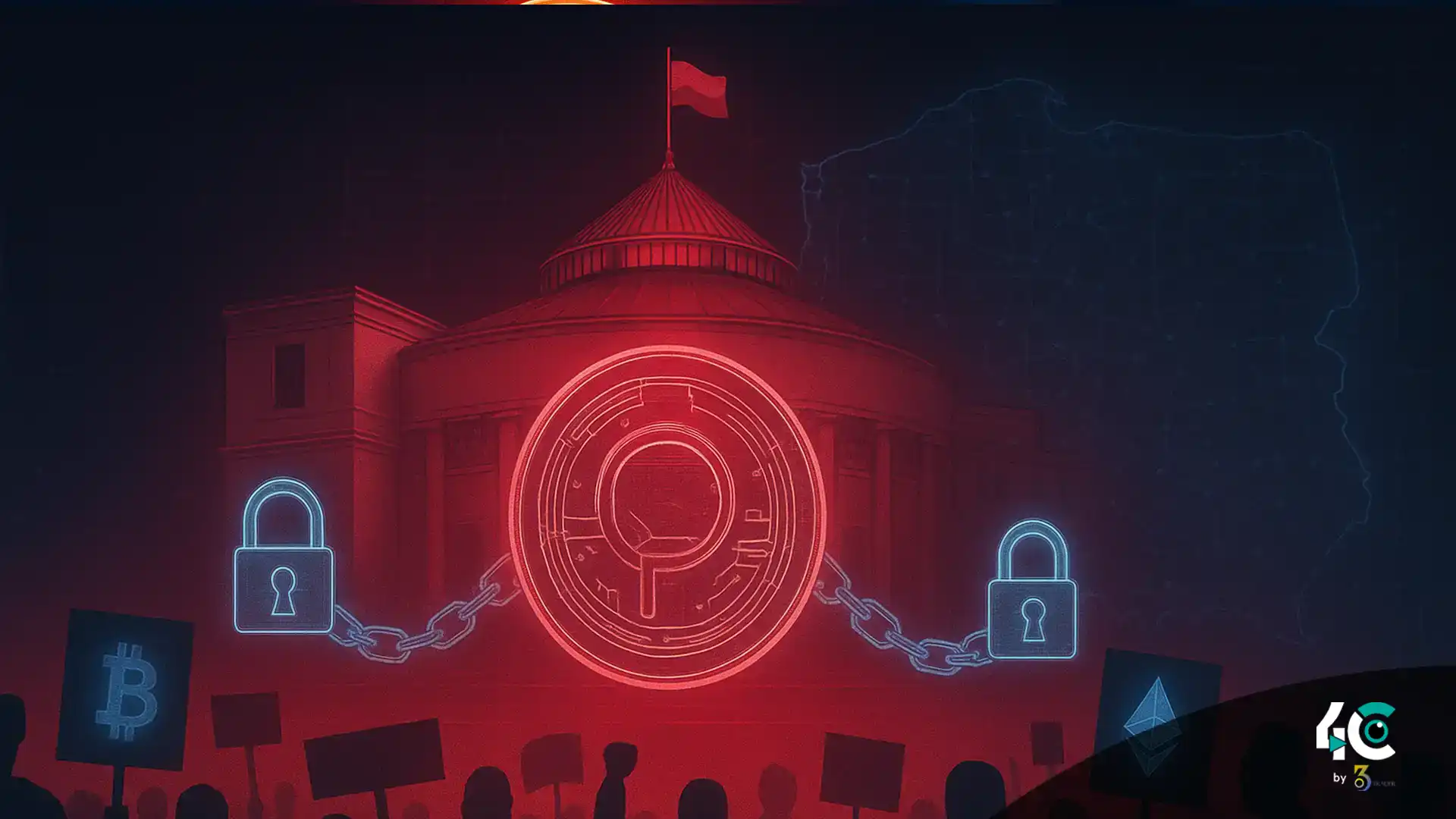🇵🇱 Poland Faces Outrage Over Restrictive Crypto Law
The lower house of Poland’s parliament, the Sejm, approved the Crypto-Asset Market Act. The new law establishes a strict regulatory framework for crypto asset service providers (CASPs) and aligns Poland with the European Union’s Markets in Crypto-Assets (MiCA) Regulation.
Under the law, all CASPs—including crypto exchanges, issuers, and custodians—must obtain a license from the Polish Financial Supervision Authority (KNF) to operate legally. Licensed entities must provide detailed disclosures on their structure, capital adequacy, compliance frameworks, internal controls, risk management, and AML procedures. CASPs have six months to comply, or they risk ceasing operations and facing further consequences.
Janusz Kowalski, an opposition member of the Sejm, warned that this is the EU’s most restrictive cryptocurrency law, potentially harming Poland’s market with over three million crypto holders.
⚖️ Stiff Penalties Raise Alarm
Violators face harsh consequences under the law, including bans and imprisonment for up to two years. Additionally, fines may reach 10 million Polish zlotys (~$2.8 million) along with restrictions on certain business operations. Critics argue that innovation could be stifled and blockchain firms may exit Poland.
Tomasz Mentzen, a blockchain-supporting politician, noted that the licensing process through the KNF averages 30 months. Mentzen warned the law could result in the “destruction of blockchain and stablecoins” in Poland and urged action from the Senate and President Karol Nawrocki.
Also Read : Democrats Seek Bipartisan Cooperation on U.S. Crypto Market Structure Bill
👑 Presidential Support for Crypto
Despite restrictions, President Nawrocki has pledged to support crypto innovation. He opposes “tyrannical regulations” and committed to protecting Poland’s crypto ecosystem. Before his election in June 2025, Nawrocki stated:
“We need innovation, not regulation in Poland. I will, as President, make sure that tyrannical rules limiting your freedom do not kick in.”
🌍 Industry Concerns and EU Context
The legislation spans 118 pages, which some critics say is overly long compared to crypto laws in Germany and the Czech Republic. Industry participants fear that heavy penalties, criminal liability, and slow licensing could stifle Poland’s digital asset market and push innovation toward more crypto-friendly jurisdictions.



























